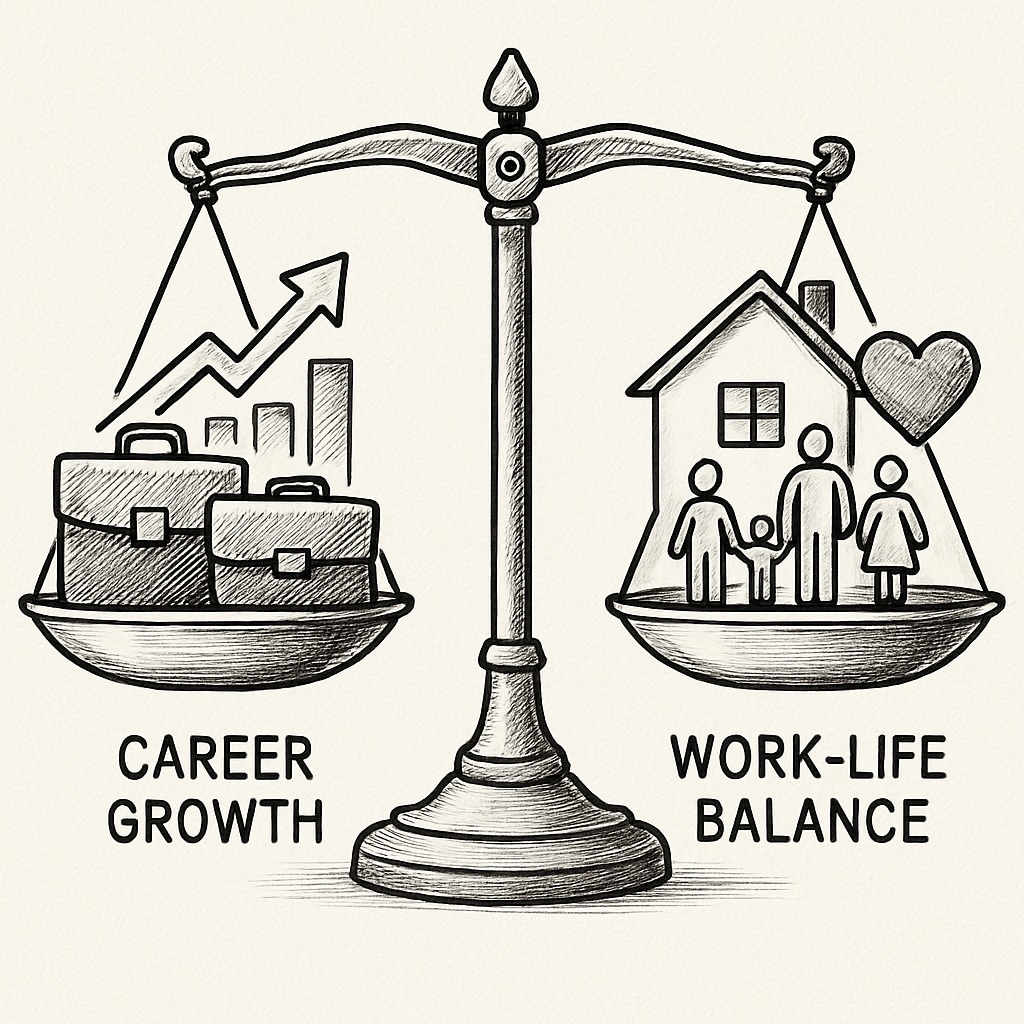In today’s fast-paced, data-driven world, the combination of a Business Analytics degree with a Finance minor offers a golden career opportunity. This unique blend of skills positions professionals to thrive in industries that demand both analytical expertise and financial acumen. With the growing emphasis on data-backed decision-making, this dual specialization ensures career advancement while maintaining a balanced professional life. This article explores the career potential, pathways, and strategies for leveraging this powerful combination.
The Growing Demand for Business Analytics and Finance Skills
The rise of big data and the increasing complexity of financial markets have created a demand for professionals who can bridge the gap between data analysis and financial decision-making. Business Analytics professionals are equipped to interpret large datasets, uncover hidden insights, and inform strategic decisions, while a Finance background provides the knowledge to apply these insights to enhance financial performance. Together, these skills form a robust foundation for roles in industries like investment banking, consulting, and even technology.

For example, companies like Amazon and Google rely heavily on data analysts who understand the financial implications of their strategies. Similarly, investment firms seek candidates who can combine analytics with financial modeling to predict market trends. According to Bureau of Labor Statistics, the demand for financial analysts and data scientists is expected to grow significantly over the next decade, making this combination highly marketable.
Career Pathways: From Entry-Level to C-Suite
The career trajectory for individuals with expertise in both Business Analytics and Finance is both diverse and promising. Here’s a step-by-step guide to potential career paths:
- Entry-Level Roles: Start as a Data Analyst, Financial Analyst, or Business Analyst, focusing on interpreting data and supporting decision-making processes.
- Mid-Level Roles: Progress to roles like Financial Planning and Analysis (FP&A) Manager, Data Scientist, or Analytics Consultant, where you lead data-driven projects and provide strategic guidance.
- Senior Roles: Advance to positions such as Director of Analytics, Financial Strategist, or Business Intelligence Manager, focusing on high-level strategy and decision-making.
- C-Suite Positions: With experience, aim for roles like Chief Data Officer (CDO), Chief Financial Officer (CFO), or even Chief Executive Officer (CEO), where your combined expertise can drive organizational success.
Each step in this journey requires not only technical skills but also leadership and communication abilities to translate complex insights into actionable strategies.
Balancing Career Growth with Work-Life Harmony
While the combination of Business Analytics and Finance offers lucrative career opportunities, it also supports a balanced professional life. The ability to work with data and financial tools often allows for flexible roles, including remote work and project-based assignments. This flexibility can significantly enhance work-life balance, enabling professionals to pursue personal interests alongside their careers.

Furthermore, industries increasingly recognize the importance of employee well-being. Companies like Deloitte and PwC, for instance, offer programs that promote mental health, flexible schedules, and professional development, ensuring that their employees achieve both professional success and personal fulfillment.
Strategies for Aspiring Business Analytics and Finance Professionals
To maximize your potential in this field, consider the following strategies:
- Educational Foundation: Pursue a degree in Business Analytics and take Finance as a minor or specialization. Online courses from platforms like Coursera or edX can also supplement your learning.
- Certifications: Obtain certifications such as CFA (Chartered Financial Analyst) or Google Data Analytics to enhance your credentials.
- Hands-On Experience: Internships and real-world projects can provide valuable experience and help you build a professional network.
- Continuous Learning: Stay updated on industry trends, software tools, and methodologies to remain competitive in the job market.
By following these steps, you can position yourself as a highly sought-after professional with the ability to drive data-driven financial decisions in any organization.
In Conclusion: Combining Business Analytics with a Finance minor is more than just an academic choice; it’s a strategic career decision. This unique skill set not only opens doors to diverse industries but also enables a fulfilling and balanced professional life. By leveraging this combination, you can unlock a pathway to impactful roles and long-term success.


